Foreign policy experts slam Trump's new travel ban
More than 130 foreign policy experts have denounced President Donald Trump's revised immigration order which halts travel from six predominantly Muslim countries.
In a letter on Saturday, 134 experts said the revised order would "jeopardize our relationships with allies and partners on whom we rely for vital counter-terrorism cooperation and information-sharing."
The letter was directed to several high-ranking officials including Attorney General Jeff Sessions, Secretary of State Rex W. Tillerson, Secretary of Defense James Mattis, Secretary of Homeland Security John Kelly and Michael Dempsey, the acting director of national intelligence.
The signatories, comprising of former officials, argued that welcoming Muslim refugees and travelers could help expose lies from terrorists who claim the US is at war with Islam.
Trump signed the revised order last week after his January’s directive faced multiple challenges in courts across many states.
People from Iran, Somalia, Sudan, Yemen, Syria and Libya will face a 90-day entry ban. However, Iraq was taken off the list because of its cooperation with the US on the fight against Daesh, officials said.
The experts further said that many Iraqis who helped the US military during the war would find trouble resettling into the US because of the new changes in the refugee policy.
"These individuals were given priority access to US resettlement under the Refugee Crisis in Iraq Act, but their resettlement, like that of many other vetted refugees, will now likely be delayed as security clearance and other approvals expire, adding many more months onto their processing," the letter said.
The letter also noted that following the September 11, 2001 terrorist attacks, the US has created a rigorous vetting system for travelers and revised it continuously.
"Our government applies this process to travelers not once, but multiple times," the experts said.
The 9th Circuit court of Appeals in the state of Washington succeeded in halting the first immigration order, arguing it violated constitutional protections against religious discrimination.
Several states have filed notices arguing that sections of the new travel ban have the same effect as the original one and that the White House cannot unilaterally decide to change a court's ruling.
Relentless Israeli ceasefire violations justify need for self-defense: Lebanese MP
Tel Aviv tells Damascus Israeli forces will remain in occupied territory: Report
Dec. 22: ‘Axis of Resistance’ operations against Israeli occupation
‘Abhorrent’: Oxfam says only 12 trucks delivered aid in North Gaza since Oct.
VIDEO | Leader receives religious eulogists on Hazrat Fatima birth anniv.
Pope Francis slams Israel’s ‘machine-gunning’ of Gaza children
US hostage-taking of Iranian nationals violation of intl. law: Deputy FM
VIDEO | Carol Singers for Palestine on London’s Parliament Square


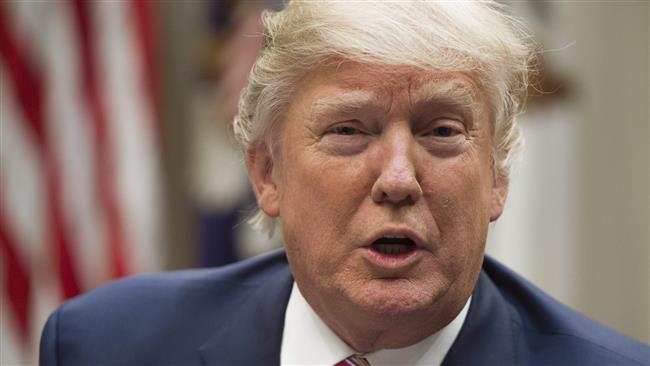


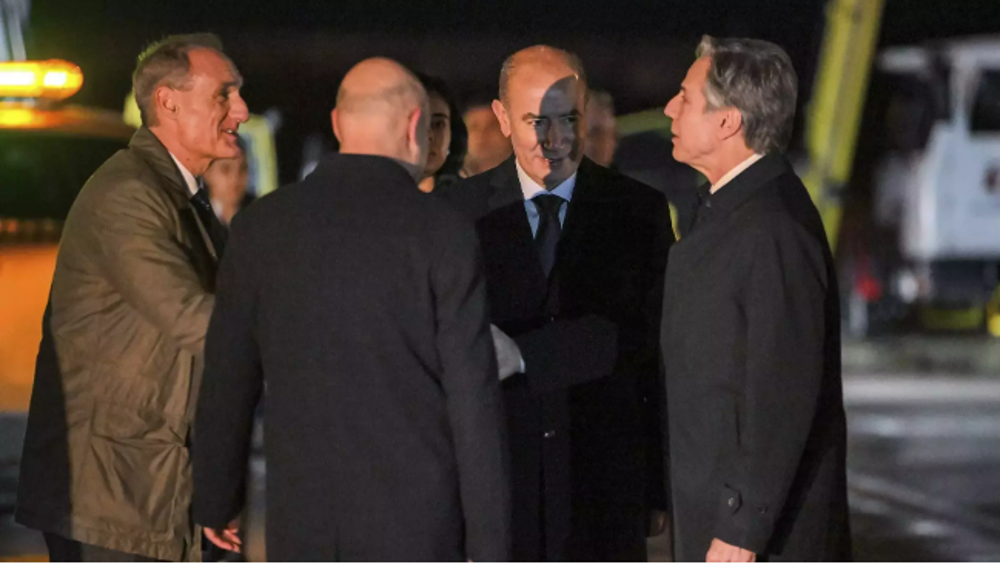



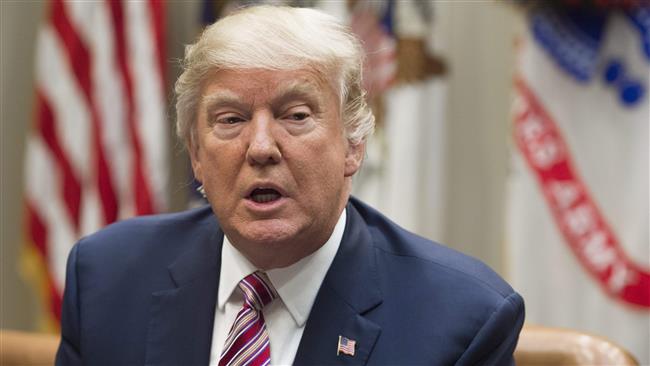
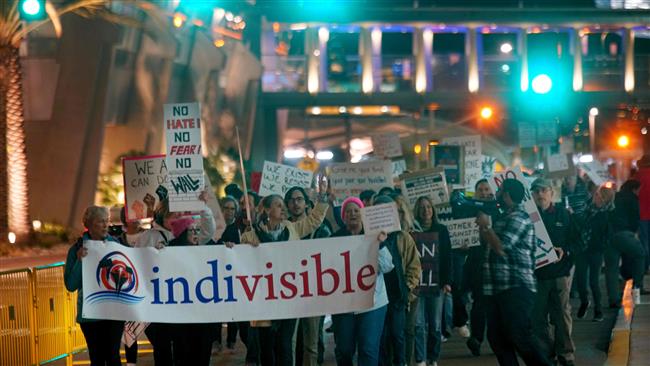
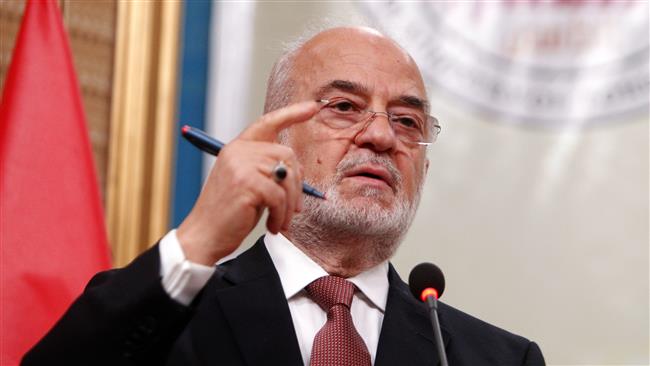
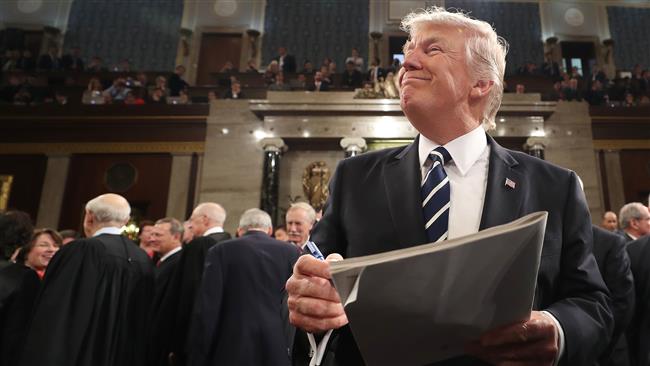
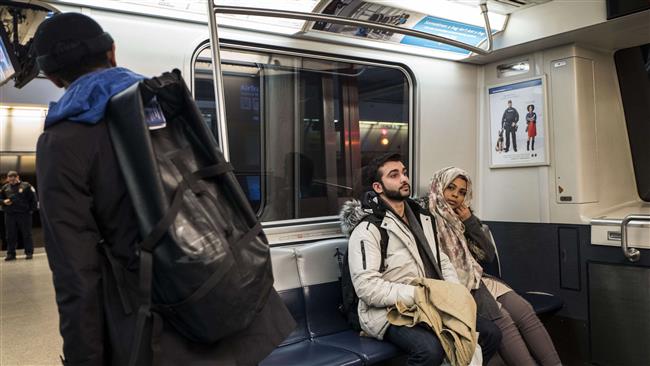

 This makes it easy to access the Press TV website
This makes it easy to access the Press TV website